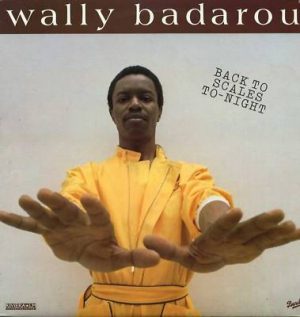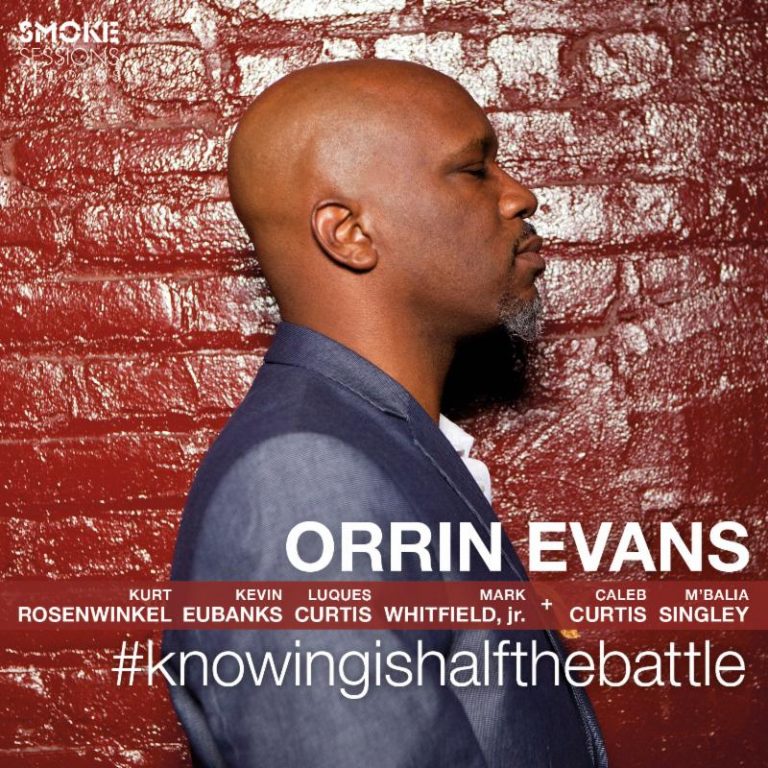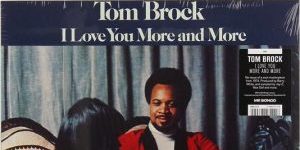Wally Badarou – Back To Scales To-Night
 French-born synth and keyboard ace Wally Badarou recorded with the group Level 42 between 1980 and 1994 and also graced albums by Gwen Guthrie, Grace Jones, Black Uhuru, Robert Palmer, Herbie Hancock, and many more. His most well-known solo recording, at least to these ears, is the 1983 instrumental “Chief Inspector” from his album “Echoes”.
French-born synth and keyboard ace Wally Badarou recorded with the group Level 42 between 1980 and 1994 and also graced albums by Gwen Guthrie, Grace Jones, Black Uhuru, Robert Palmer, Herbie Hancock, and many more. His most well-known solo recording, at least to these ears, is the 1983 instrumental “Chief Inspector” from his album “Echoes”.
What I didn’t know is that he recorded an album in 1979 (released in 1980) which has now become available on CD. “Back To Scales Tonight” is basically a specialist album for the synth and keys aficionado as Wally used a ton of synth sounds which were quiet unusual for its time. Listen to “Sing Me Your Song” and you know what I’m talking about. Even though his own singing leaves a lot of questions, his synth work on pieces like “One Day, Won’t Give It Away” really opened the door to many other early 80s productions and paved the way for the new decade. In this respect, he was really a warrior.
In 1982, he played keyboards on the debut album by the heavily missed Gwen Guthrie (“It Should Have Been You”) and the year before, he was responsible for the keyboards on Grace Jones‘ groundbreaking “Nightclubbing” LP and of course, he produced and co-wrote a lot of the Level 42 records of the 80s. It is interesting to hear where those sounds and influences actually came from. “Dream On The Sand” might as well have ended up on an earlier Level 42 album with its typical synth cushion and distant vocals.
The transition from disco to a more synth-oriented sound is nowhere better displayed than in the clavinet-driven “He Was A Rasta In London Town”. Even his quirky vocals strangely fit here. Wally plays Korg synth, Prophet 5, Solina, Fender Rhodes, Yamaha CP 30, Mutron Bi-Phase, and Roland 78, for those of you interested in the technical aspect here. I think it was only Herbie Hancock who prominently used the same (and a lot more) devices during that era.
The silly reggae track “She Turns Me On” is forgettable here, “Lady Finger Blue” is an early example for smooth jazz if you want (hinting at Bob James), and my personal fave is saved for last: “Preachin'” is a heavy groover with a catchy hook. What a nice discovery this is.








